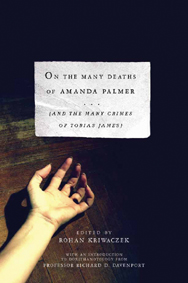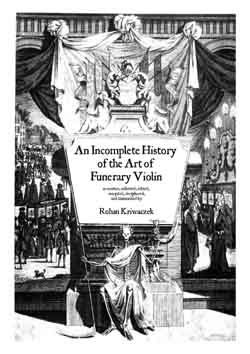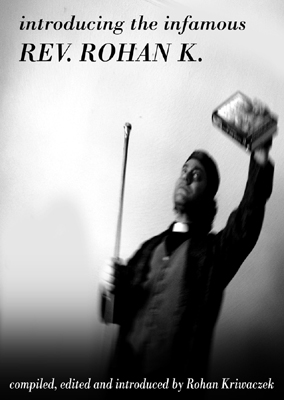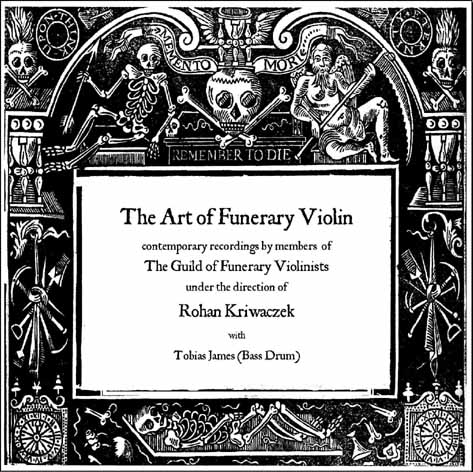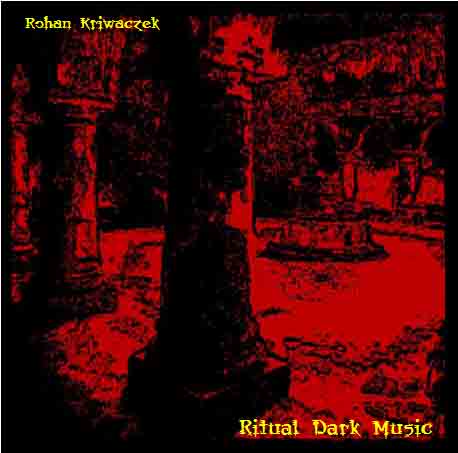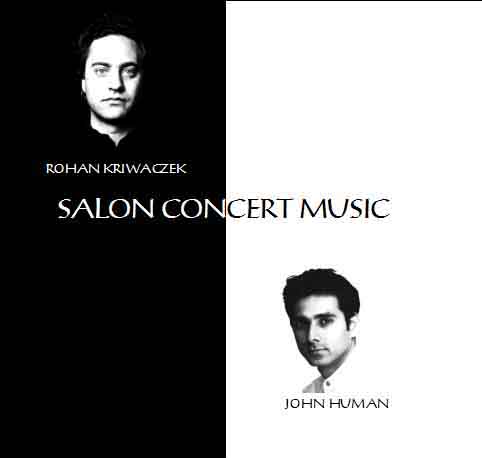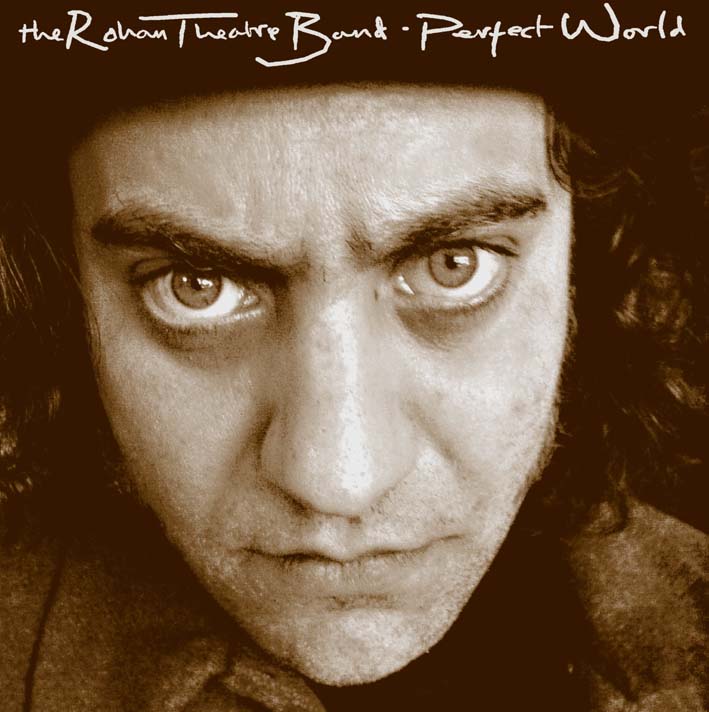to download this article as a free ebook click here
page 2 of 5
According to Walter, it was Willie’s experience at the Academy and his subsequent expulsion that first rammed home to him the truth in what his grandparents had always taught him: that as a Jew he couldn’t afford to get noticed. But he had also tasted the excitement of taking a stand, and had greatly enjoyed the thrill of it. Thus formed the conflict between direct action, putting his head above the parapet, and remaining unobtrusive, unnoticed, unknown, which was to inform his choices and direction for much of the rest of his life.
At the outbreak of World War II Willie immediately enlisted, later explaining to Walter that it had provided the perfect opportunity to reassociate the diverse identities he had so far assembled. He could feel himself to be both the loyal Englishman, the honourable patriot fighting for justice and the Jew standing up against the oppression of his people; the hero, leading the moment and an anonymous part of a larger anonymous machine. There would no longer be any conflict. However, he was unfortunately discharged within six weeks as “unfit for duty” due to his increasingly poor eyesight: he blamed his childhood years sewing sequins by candlelight. Instead he was given a civil service job with the Ministry for Propaganda, writing arrangements and playing saxophone and trumpet as required in various civilian government sponsored dance bands.
It was during these early war years that he first experienced what he was to later refer to as “the unperturbed freedom of anonymity”, apparently a phrase he was very fond of using. In one of the many letters written to his mother during this period he explains:
... You would think that sitting in an office churning out tunes and arrangements day after day would become tedious but I have found a way to make each day become its own little adventure. For you see our work is all submitted upstairs anonymously; and so each day I invent a new persona, give him a whole history and personality and then consider what might be his musical influences. Today it was an American- Italian called Al Fetucini, who came to big band music from a background in light opera. He had previously been a tenor, and was eternally haunted by Verdi’s aria “O Patria Mia”. Then I spend the day writing the music he would write were he in my position. I end up trying out so many different things, odd combinations of ideas, and some of them, I suspect, might even sound pretty good...
[translated from the original Yiddish]
It was also during this period that he first stumbled upon a rhythmic device that was to make him, or rather his later alter ego Solomon Schwartz, a household name, at least in certain quarters of the East End for a brief time during 1963 that is. Years later he recalled in a fragment from an aborted autobiography how he first derived der Schvitz, the rhythm later to become known as the Yiddish Twist:
... It was back in the days when I got into the habit of inventing people each morning to keep myself amused. That day it was a sad old Yid, past his prime, who would hang out with musicians from American dance bands hoping that some of their cool might rub off on him. In the mornings he would write tunes that he thought were “cool” but really were terribly stuck in the old world. One thing I did to achieve this effect was to take the rhythms traditionally played by viola and accordion in the wedding bands of my youth, and gave them a crude American syncopation. Then sped the whole thing up a little. And voila! Der schvitz was born!...
Of course it was only Willie who thought of it as der Schvitz at the time. No dance with a name sounding so potentially Germanic would have taken off in the way der Schvitz did amongst service personnel during the war. The world around called it the hot beat, a good American sounding name, but to Willie, and therefore also to Walter, it was always der Schvitz. The hot beat was indeed a huge hit amongst the various troop bases throughout the winter of 1941, and in March 1942 Willie was temporarily transferred to RAF Wittering for two months as an official advisor to the Entertainment Corps with explicit orders to help the military arrangers perfect the subtleties of hot beat orchestration techniques.
However, Willie’s patriotic zeal was to come to a sudden end when news of the fate of the Sturma reached London’s Jewish community. The Sturma was a converted coal barge that had picked up 769 Jewish refugees in Constanza, Romania, in February 1942. Being considerably overloaded it soon began to sink near the Turkish coast. The Turkish government refused to allow the passengers to embark unless the British government would give assurances that all passengers would be allowed to proceed to Palestine. Britain, however, refused and six days later the ship sank killing everyone on board. This event caused much outrage amongst the Jewish community, and for Willie it led to a major reaffirmation of his Jewish roots; for a period he even wore a yarmulke to his place of work. He also took to reading the works of Marx and Engels, and declaring himself to be a Communist and Internationalist, but then, when the photographs of Bergen-Belsen concentration camp reached England his political aspirations began to turn toward Zionism.
With the end of the war Willie returned to working as a free-lance composer, arranger and jobbing horn-player, but for him, and many amongst the Jewish community, the victory was somewhat soured by the horrific reports coming back with the servicemen of the fate of Europe’s Jews. Each new account added further fuel to the fire of Zionism burning in many a Jewish heart. However Willie was not yet ready to up roots and head for the Promised Land, and so, for the mean time, turned his anger and determination towards another battle.
Post war England was a hotbed of left wing agitation and trade union activity as the returning troops now wanted a greater stake in the country they had risked life and limb for; and in this the music industry was no different. For many years membership of the Musicians Union had been exclusive to those who played in West End shows and professional orchestras, and indeed often tied up with membership of, or association with, the Freemasons. Jewish musicians (many of whom felt betrayed by Britain’s unwillingness to help the desperate plight of Europe’s Jewry during the war, and its increasing hostility towards the founding of the state of Israel) were spoiling for a fight, and turned their attention towards breaking this exclusivity, thus opening the MU to every professional musician. The campaign was led by Ivor Mairants and Billy Amstell and involved a catalogue of boycotts and pickets outside MU offices and West End shows. Willie himself led the picket outside the Borham Wood MU office running it as a mass “jam” with up to a hundred musicians playing continuously during office hours for five days until the police became involved and began confiscating instruments, thus putting many of the musicians off continuing the protest. But by then the point had been made, and in March 1948 the MU finally agreed to open its membership to all. However it proved to be a hollow victory as the following years saw a steady decline in the popularity of Big Bands, and many of the musicians involved in the protest soon found themselves out of work; amongst them Willie.
|

